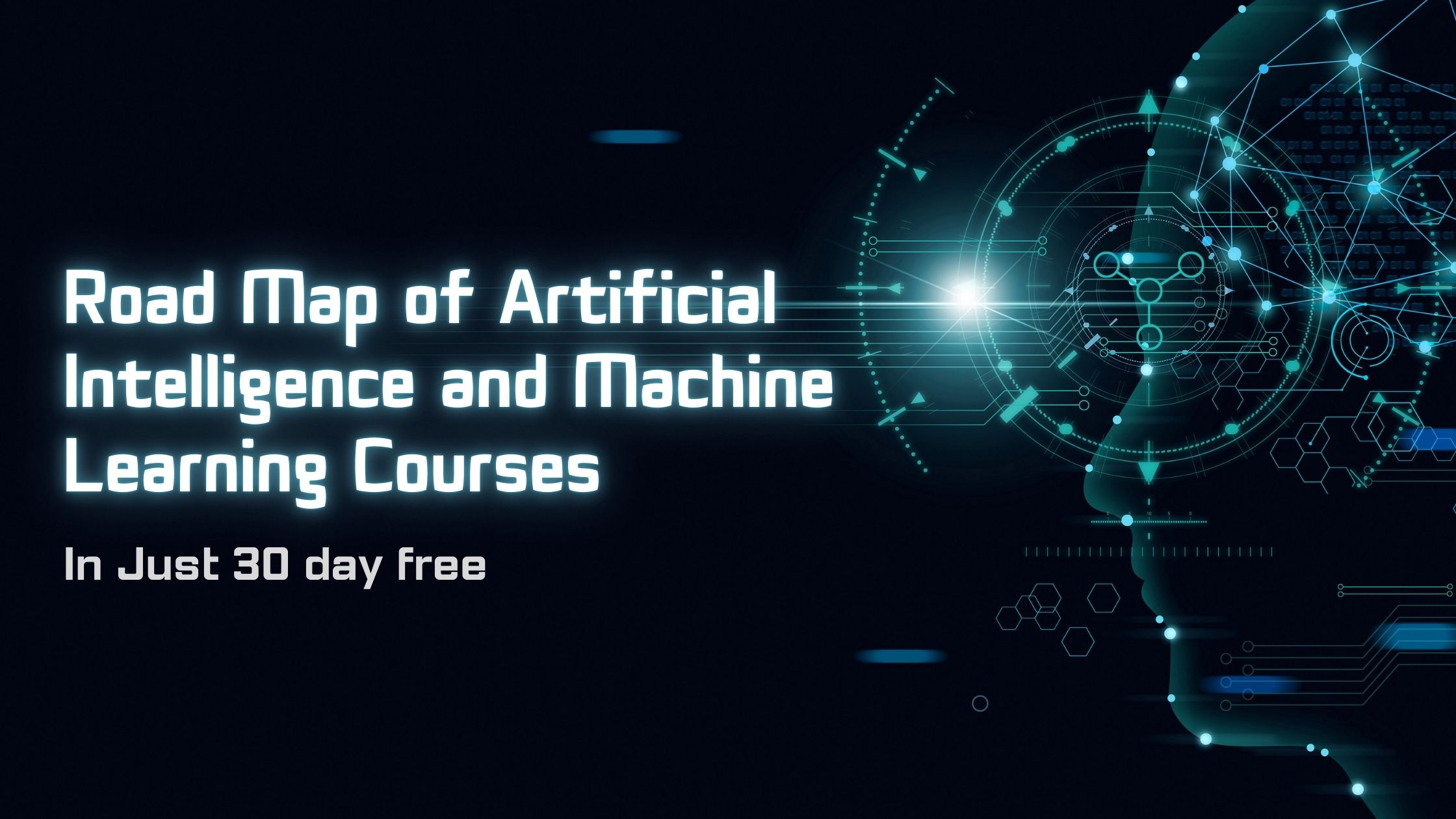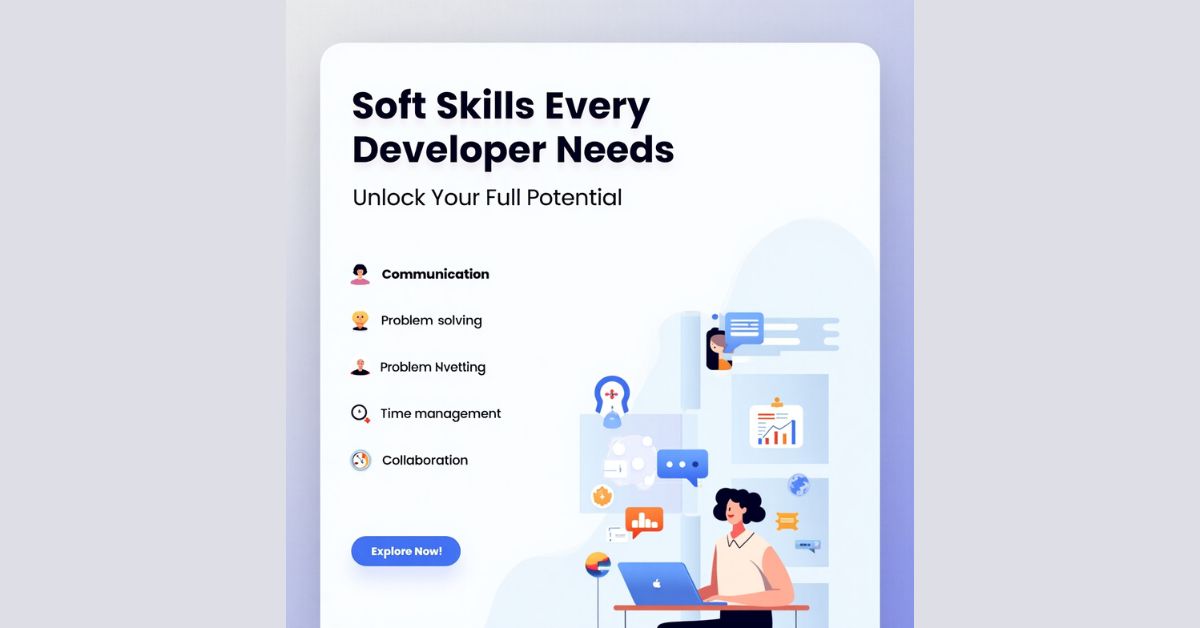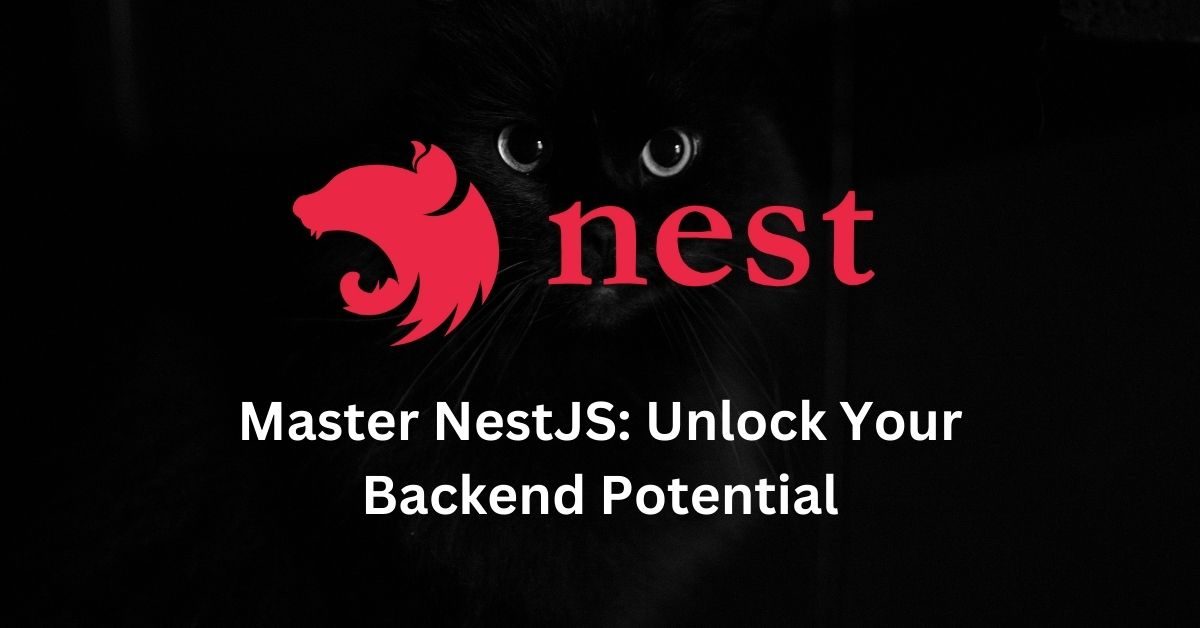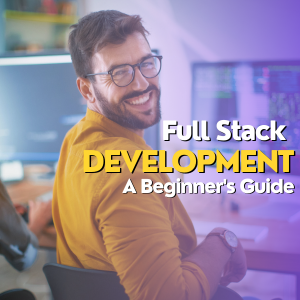Artificial Intelligence (AI) and Machine Learning (ML) are two of the most exciting and rapidly growing fields in technology today. With industries across the globe looking to leverage these powerful tools, there’s no better time to start learning about AI and ML. But where do you begin? What skills should you focus on? And how can you navigate the vast array of courses available?
In this blog, we’ll provide you with a step-by-step roadmap to AI and ML courses, designed to help you progress from a beginner to an advanced level. Whether you’re looking to break into the industry or simply enhance your skills, this guide will help you chart your learning journey.
1. Understanding the Basics of AI & ML
Before diving into courses, it’s essential to understand the basic concepts of AI and ML. Here’s what you need to know:
- Artificial Intelligence (AI) refers to the creation of intelligent machines that can simulate human behavior and perform tasks like reasoning, learning, problem-solving, and more.
- Machine Learning (ML) is a subset of AI that focuses on creating algorithms that allow machines to learn from data without explicit programming.
Recommended Beginner Resources:
- AI for Everyone by Andrew Ng (Coursera)
A great starting point for beginners to understand what AI is and how it impacts industries. - Introduction to Machine Learning with Python by Andreas Müller and Sarah Guido
A book that walks you through the basics of ML with Python, perfect for those who are new to programming.
2. Strengthening Your Programming Skills
For anyone pursuing a career in AI/ML, strong programming skills are a must. Python is the most widely used programming language in AI and ML, so it’s a good idea to get comfortable with it. But, a basic understanding of other languages like R or Java can be beneficial too.
Key Skills to Learn:
- Python (Focus on libraries like NumPy, Pandas, and Matplotlib)
- Data structures and algorithms
- Object-Oriented Programming (OOP)
Recommended Courses:
- Python for Data Science and Machine Learning Bootcamp by Jose Portilla (Udemy)
Learn Python basics, along with its application to data science and machine learning. - Introduction to Computer Science and Programming Using Python (edX, MIT)
An excellent resource to learn Python and essential algorithms.
3. Diving Deeper into Data Science
AI and ML are built on data. To truly master these fields, you’ll need to understand how to work with and analyze data. Data science focuses on using statistical and computational techniques to analyze and interpret large datasets.
Key Concepts to Learn:
- Data Cleaning and Preprocessing
- Exploratory Data Analysis (EDA)
- Statistical Methods (e.g., Regression Analysis)
Recommended Courses:
- Data Science Specialization by Johns Hopkins University (Coursera)
A comprehensive series of courses covering all aspects of data science. - Applied Data Science with Python (Coursera)
Learn data science applications using Python, including visualization, analysis, and machine learning.
4. Mastering Machine Learning Algorithms
Once you have a strong foundation in programming and data science, it’s time to dive deeper into Machine Learning algorithms. You’ll learn how to apply these algorithms to real-world problems.
Key Concepts to Master:
- Supervised Learning (e.g., Linear Regression, Decision Trees)
- Unsupervised Learning (e.g., K-Means Clustering, PCA)
- Reinforcement Learning (e.g., Q-Learning, Deep Q-Networks)
Recommended Courses:
- Machine Learning by Andrew Ng (Coursera)
This is the gold standard for ML courses, providing a thorough introduction to the most popular algorithms and techniques. - Hands-On Machine Learning with Scikit-Learn, Keras, and TensorFlow (O’Reilly)
A practical guide to ML with Python using real-world datasets.
5. Deep Learning and Neural Networks
Deep Learning is a subset of Machine Learning that deals with neural networks with many layers. It has enabled major breakthroughs in fields such as computer vision, natural language processing, and autonomous systems.
Key Topics to Learn:
- Neural Networks
- Convolutional Neural Networks (CNNs)
- Recurrent Neural Networks (RNNs) and LSTMs
- Generative Adversarial Networks (GANs)
Recommended Courses:
- Deep Learning Specialization by Andrew Ng (Coursera)
A highly recommended course that covers neural networks, CNNs, RNNs, and more. - Practical Deep Learning for Coders (Fast.ai)
A hands-on course that takes you from beginner to advanced in deep learning, with a focus on real-world applications.
6. Exploring Advanced AI Topics
Once you’ve mastered the fundamentals and deep learning, you can begin exploring more specialized and advanced AI topics. These include cutting-edge technologies like natural language processing (NLP), reinforcement learning, and AI ethics.
Key Topics to Explore:
- Natural Language Processing (NLP)
- Reinforcement Learning
- AI in Robotics
- AI Ethics and Fairness
Recommended Courses:
- Natural Language Processing Specialization (Coursera)
Learn to work with text data, build chatbots, and explore advanced NLP techniques. - Reinforcement Learning Specialization by University of Alberta (Coursera)
An advanced course covering everything from basic concepts to deep reinforcement learning.
7. Building Real-World Projects
One of the best ways to learn AI and ML is by applying your knowledge to real-world projects. Building projects will help you consolidate your understanding and make your portfolio stand out to potential employers.
Project Ideas:
- Build a recommendation system
- Create a predictive model for time-series forecasting
- Develop a computer vision project (e.g., image classification)
- Design a chatbot using NLP techniques
Recommended Platforms:
- Kaggle
Participate in data science challenges and collaborate with others on real-world problems. - GitHub
Upload your projects to GitHub to showcase your work and build a portfolio.
8. Keep Learning and Stay Updated
AI and ML are constantly evolving fields. To stay competitive, you must continuously learn new techniques and stay updated on the latest research. Engage with the community, read research papers, and contribute to open-source projects.
Key Resources:
- ArXiv for cutting-edge research papers
- AI conferences like NeurIPS, CVPR, and ICML
- Blogs and podcasts such as The AI Alignment Podcast, Towards Data Science, and Machine Learning Mastery






Leave a Reply